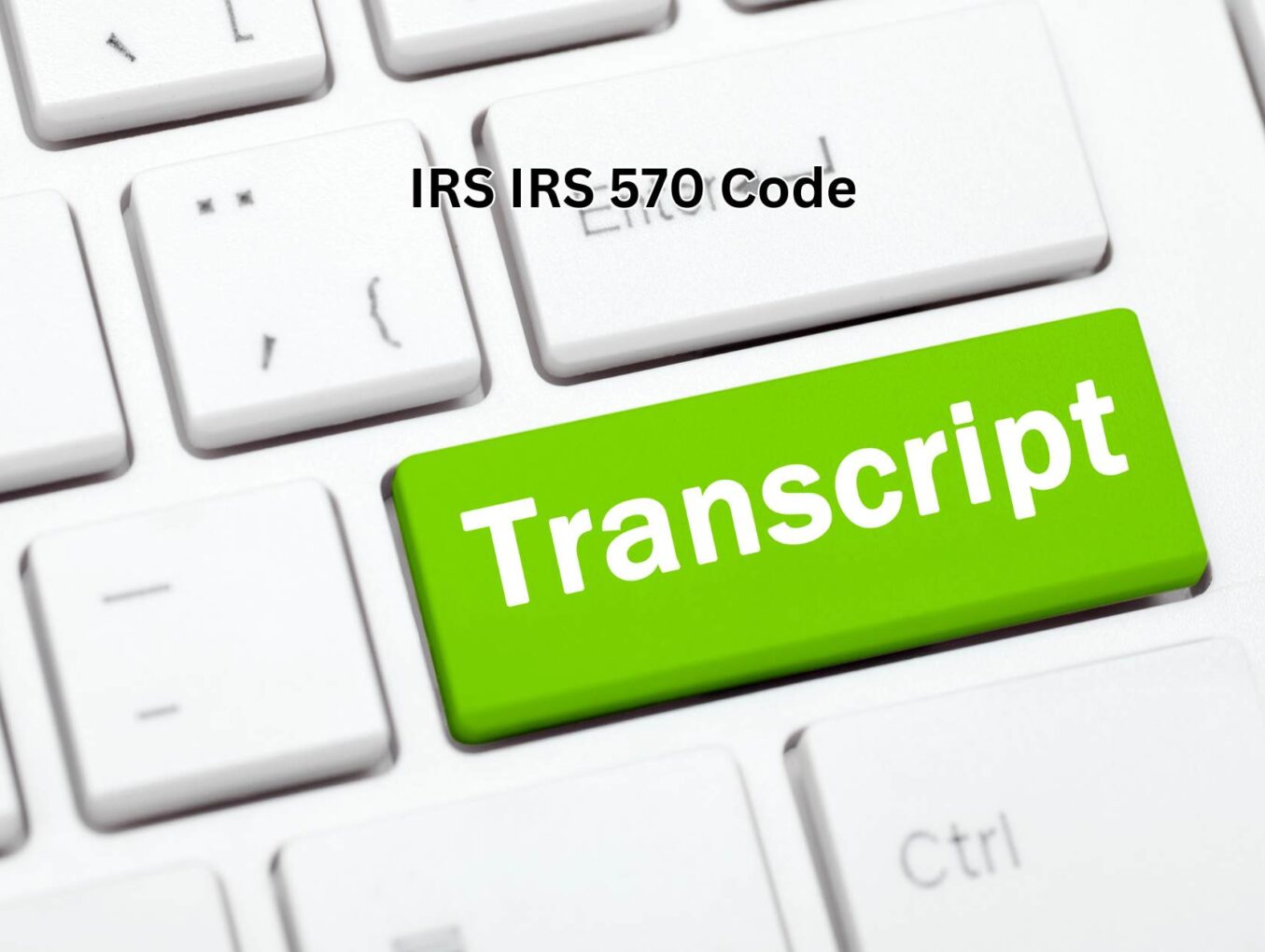What Does IRS Code 570 Mean?
When the IRS adds code 570 to your tax transcript, they may ask you for additional information needed to finish processing your return.
Common reasons for a 570 include ID verification, W-2 wages and/or 1099 income that do not match what is reported to the IRS. In addition, earned income (EITC), child (CTC), and other tax credit reviews will also trigger a 570 code.
Taxpayers can check tax return transcripts for a 570 code online at https://irs.gov/payments/online-account-for-individuals.
If the IRS has put a 570 on a transcript, it will be in the “Transaction Codes” section.
Each code listed includes an explanation for why the IRS needs more information to process your return. When the IRS updates the 570 to a 571 or 572, they are now processing the return.
Are You Being Audited by the IRS If a 570 Is On Your Transcript?
No, a 570 code does not mean that a return is under audit. The IRS will mail a letter when they choose to audit taxes. This letter will have all the details for why a taxpayer is being audited and instructions for submitting documents that need to be reviewed.
Note that audits will either be by mail (correspondence audits) or in-person as decided by the IRS.
What Information Does the IRS Request to Resolve Code 570?
The most common information requests to resolve an IRS 570 include:
- Copies of W-2s, 1099s, pay stubs, and other forms of income verification
- Proof of dependents on a tax return
- Documents supporting the Child or Earned Income tax credits
- Documents supporting filing status (single, head of household, married filing separately/jointly)
The IRS may also ask for copies of estimated tax payments or other prior payments.
What Are Your Payment Options If You Owe the IRS After a 570 Code Review?
If the IRS determines you owe taxes after reviewing the additional 570 information and processing your return, you can:
- Pay in full from your checking/savings account with IRS Direct Pay. There is no fee to do this. You can also pay with a credit/debit card for a fee.
- Apply for a monthly payment plan. Short-term plans give you up to 180 days (6 months) to pay. If you need more time, you will have up to 72 months (6 years) to pay with a long-term installment agreement.
- Submit an “offer” to lower your taxes. If you are unable to make monthly tax payments and pay your basic living expenses, the IRS may agree to an Offer in Compromise that reduces the amount you owe.
- Request Currently Not Collectible (CNC) status. If you are experiencing severe financial problems and cannot make any tax payments at all, you can ask the IRS to stop collections until your finances improve.
How Long Will It Take to Get Your Refund If the IRS Owes You After a 570 Code Review?
Once a 570 is resolved, you can expect to receive your refund within a few weeks in many cases. If you had to submit additional 570 information to the IRS, however, you will likely see your refund closer to 8-10 weeks.
Also keep in mind that during tax season refunds can take several months to be issued.
You can track your refund with the IRS “Where’s My Refund?” tool at https://irs.gov/wheres-my-refund or check your transcript for code updates like 571 or 572.
Codes 571 and 572 indicate that the IRS is processing your return, and your refund will be issued if you are eligible. Once the IRS issues your refund, you will see code 846 appear on your transcript.
Need more help? You can start online by answering 6 simple questions.
6 Simple Questions. Free Evaluation.

